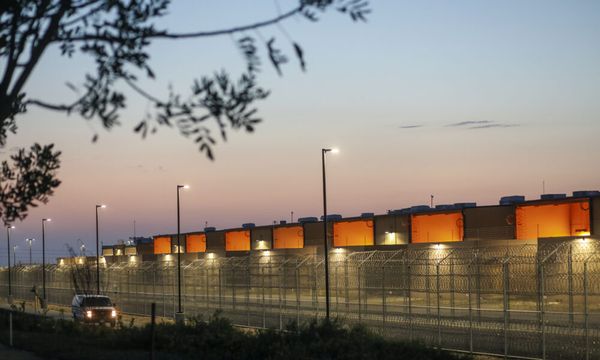
The worldwide peak in demand for oil is “in sight” and could come before the end of this decade, the global energy watchdog has said.
The International Energy Agency said the bounceback in oil demand that followed the easing of Covid restrictions was likely to end this year and growth would slow from next year.
A potential worsening in the global economy and the long-term transition to cleaner energy sources are expected to hurt demand.
The IEA’s executive director, Fatih Birol, said: “The shift to a clean energy economy is picking up pace, with a peak in global oil demand in sight before the end of this decade as electric vehicles, energy efficiency and other technologies advance.”
Global oil demand would grow by 2.4m barrels per day (bpd) in 2023 to a record 102.3m, the IEA said in its monthly report on Wednesday.
However, the Paris-based agency expects economic headwinds to reduce growth to 860,000 bpd next year, and increasing use of electric vehicles to help to reduce that to 400,000 bpd in 2028 for overall demand of 105.7m.
“The slowdown has been hastened by Russia’s invasion of Ukraine amid heightened energy security concerns and by governments’ post-Covid recovery spending plans, with more than $2tn mobilised for clean energy investments by 2030,” the IEA said.
Demand for oil from combustible fossil fuels, excluding biofuels, petrochemical feedstocks and other non-energy uses, was likely to peak at 81.6m bpd in 2028, it added.
“Oil producers need to pay careful attention to the gathering pace of change and calibrate their investment decisions to ensure an orderly transition,” Birol said.
Shell told investors it had ditched plans to cut oil production each year for the rest of the decade as it focused on fossil fuels under its new chief executive, Wael Sawan.
Energy prices soared last year after Russia, a large exporter of fossil fuels, invaded Ukraine and cut deliveries of natural gas to Europe.
Western powers imposed bans and price caps on Russian oil exports in efforts to drain a significant source of cash for Moscow’s war effort.
Oil and gas prices have fallen in recent months. However, British households’ energy bills remain about double what they were before the beginning of the energy crisis in 2021.
The energy price cap in Great Britain will fall to £2,074 for an average household from July, from the £2,500-a-year level set by the government’s energy price guarantee, which subsidises bills.
Last month a report by the IEA showed that clean energy investment was on track to reach $1.7tn (£1.4tn) this year as investors turned to renewables, electric vehicles, nuclear power, grids, storage and other low-carbon technologies.
The agency said Russia’s invasion of Ukraine, and the volatility the war injected into commodity markets, had encouraged greater investment in clean energy.
Joe Biden’s $369bn Inflation Reduction Act package of climate subsidies has also enticed investor capital into low-carbon projects in the US, and put pressure on the UK and elsewhere in Europe to respond with greater support for green energy on this side of the Atlantic.







